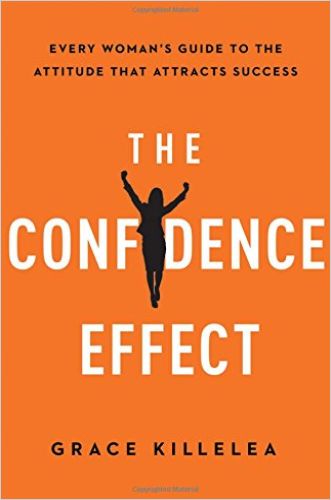Arrest Your Imposter Syndrome

It may surprise you to know that many celebrities and highly accomplished business and civic leaders suffer from “imposter syndrome,” the feeling that they don’t deserve their success and that, sooner or later, others will catch on. Former US First Lady Michelle Obama admitted she often had the feeling she didn’t belong, despite graduating from Harvard Law School, working as a lawyer in a well-regarded Chicago law firm, serving as associate dean at the University of Chicago, not to mention her eight years as First Lady. Academy Award—winning actress Meryl Streep, former Starbucks CEO Howard Schultz and even physicist Albert Einstein are all on record admitting to feeling like frauds due to their successes.
Accept That All Humans Have Shortcomings
Philosopher Alain de Botton, founder of The School of Life, says the “impostor syndrome” (both “-or” or “-er” spellings are correct), the feeling that you will be discovered as a fraud after being lauded for an achievement, has its roots in childhood, when, as a little person, you saw adults taking care of their lives and working competently, seemingly without struggle. Somehow adults just knew what to do. Naturally, children don’t, and it makes them feel helpless. Those feelings of inadequacy can last into adulthood.
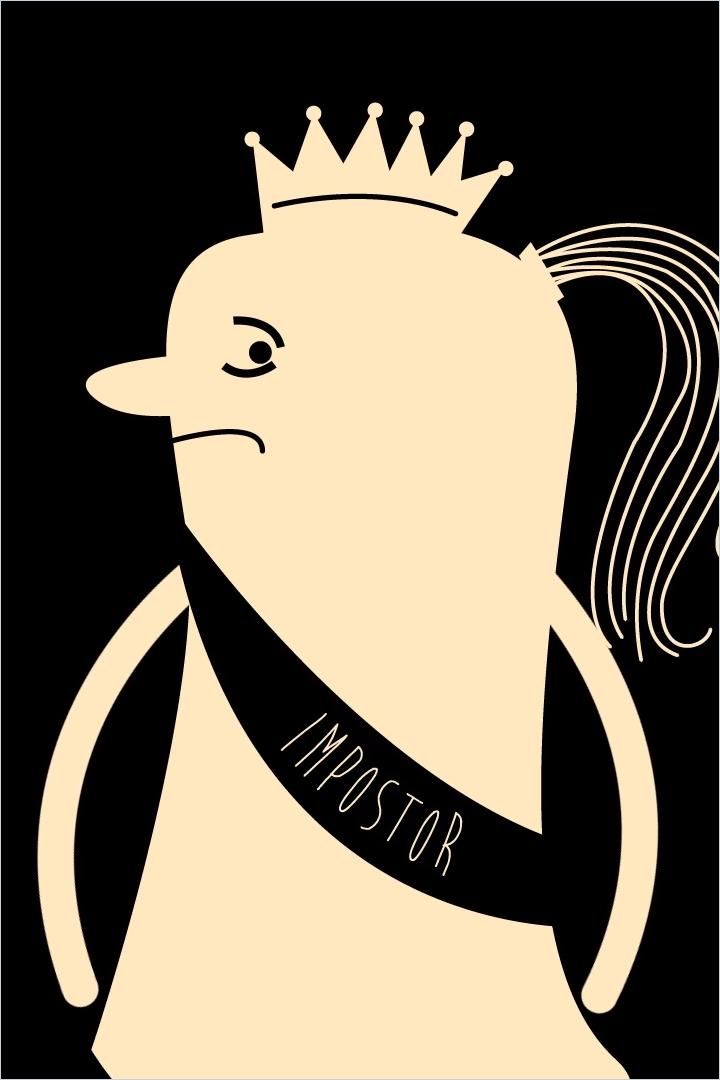
The remedy, says de Botton, is to recognize even the most successful people have flaws and insecurities. Accepting this in others may make it easier to accept in yourself. Recognize that others attain their successes despite their shortcomings, just like you. All people have setbacks, feel insecure upon occasion, commit faux pas and suffer regrets. It’s the human condition. You just don’t see these because people present an edited version of themselves to the world.
The solution to the impostor syndrome lies in making a crucial leap of faith, the leap that others’ minds must work in basically much the same way as ours do.
Alain de Botton
Sometimes Greater Success Leads to Worse Feelings
Author Joyce Roché grew up in poverty. As an African-American, she often bore the brunt of others’ biases. No matter how much success she achieved, her internalized feelings of unworthiness and self-doubt kept her from enjoying it. She details her struggles with imposter syndrome in her book The Empress Has No Clothes. Now, Roché is CEO of Girls, Inc., a network of clubs throughout the United States that helps girls build self-confidence. Despite relentless striving to get educated and get hired, and even with degrees, awards, accolades, not to mention the material signs of a well-rewarded career, people who suffer imposter syndrome don’t believe they deserve it.
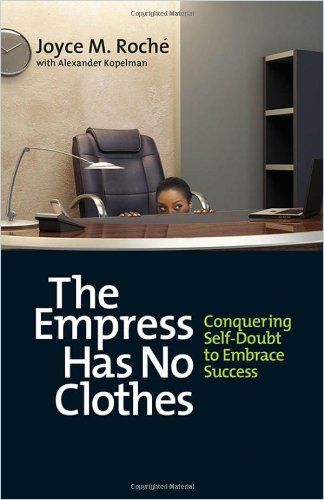
Roché suggests these tips to blunt the impact of imposter syndrome:
- Talk about it with someone you trust.
- Take an objective view of your life and see if your feelings of inadequacy have any merit in reality.
- Assess the connections between your effort and your successes.
- Separate realistic concerns from anxiety responses.
- Start by learning to accept a compliment.
People who feel like imposters irrationally fear others will uncover their flaws. They work to hide what they perceive are shortcomings. It warps their self-image. Roché points out they will always feel compelled to prove something; working nonstop will not make the feeling go away. If you are advancing in your career and finding success, your fears may be a natural response to your experience of pressures and facing the unknown. Acknowledge the success you’ve had and internalize that.
Women and Creatives Are Especially Vulnerable
In Love Your Imposter, author and branding expert Rita Clifton reports that 70% of UK working women suffer from impostor syndrome as do 90% of those in creative fields.
I’m now at a stage where I think we should come out as the flawed human beings that we all actually are.
Rita Clifton
Clifton applies her marketing perspective to the “fake it ’til you make it” wisdom: projecting a professional appearance will give others confidence in you. Be organized, learn and understand your business, and practice public speaking so you’re more comfortable presenting your ideas.
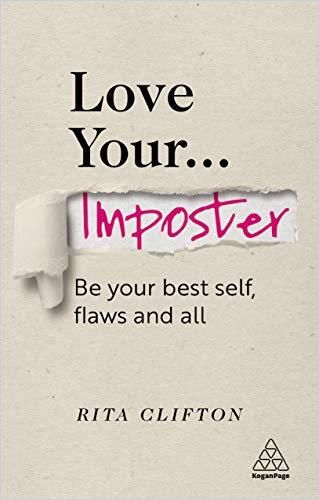
In The Alter Ego Effect, author Todd Herman recommends cultivating an “alter ego” to counterbalance lack of confidence. This strategy worked for no less a superstar than Beyoncé, who named her alter ego Sasha Fierce, embodying the bold confidence she needed to keep achieving at the highest levels. It might help to employ your imagination to recast your story into heroic terms. For instance, think of your career journey as a quest.
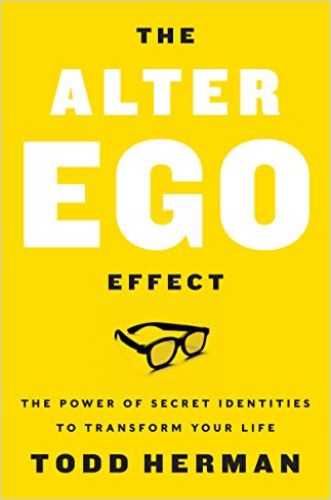
There’s a Heroic Self waiting to get unlocked, and an Alter Ego or Secret Identity is the key to activating it.
Todd Herman
“Fake it ’til you make it” does work sometimes, but if you feel you’re “faking” it over a long period of time, the stress will wear you down. That’s different from challenging yourself and stretching beyond your comfort zone. Be yourself, Clifton says, just make sure it’s your best self.
Define Success for Yourself
In She Made It, author Angelica Malin reports women founders are especially vulnerable to imposter syndrome, as there are so few women entrepreneurs. She says the most important thing people can do to combat imposter syndrome is to recognize what your own meaning of success is; everyone’s is different.
By comparing ourselves with others and their successes, we can lose sight of ourselves, our goals and our business.
Angelica Malin
Keep track of the progress you’re making on your goals and write down positive events and results. Be clear about your strengths and play to them. When you invest in your own well-being and growth, you are also investing in the health and resilience of your business.
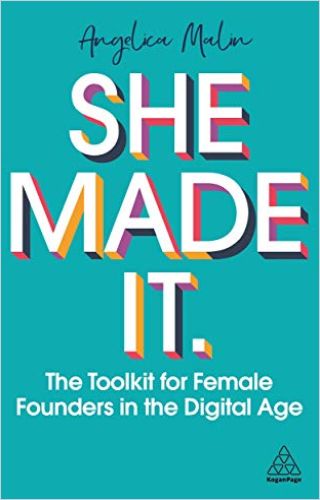
Dip into these summaries for tips on boosting your confidence:
Learn more:

